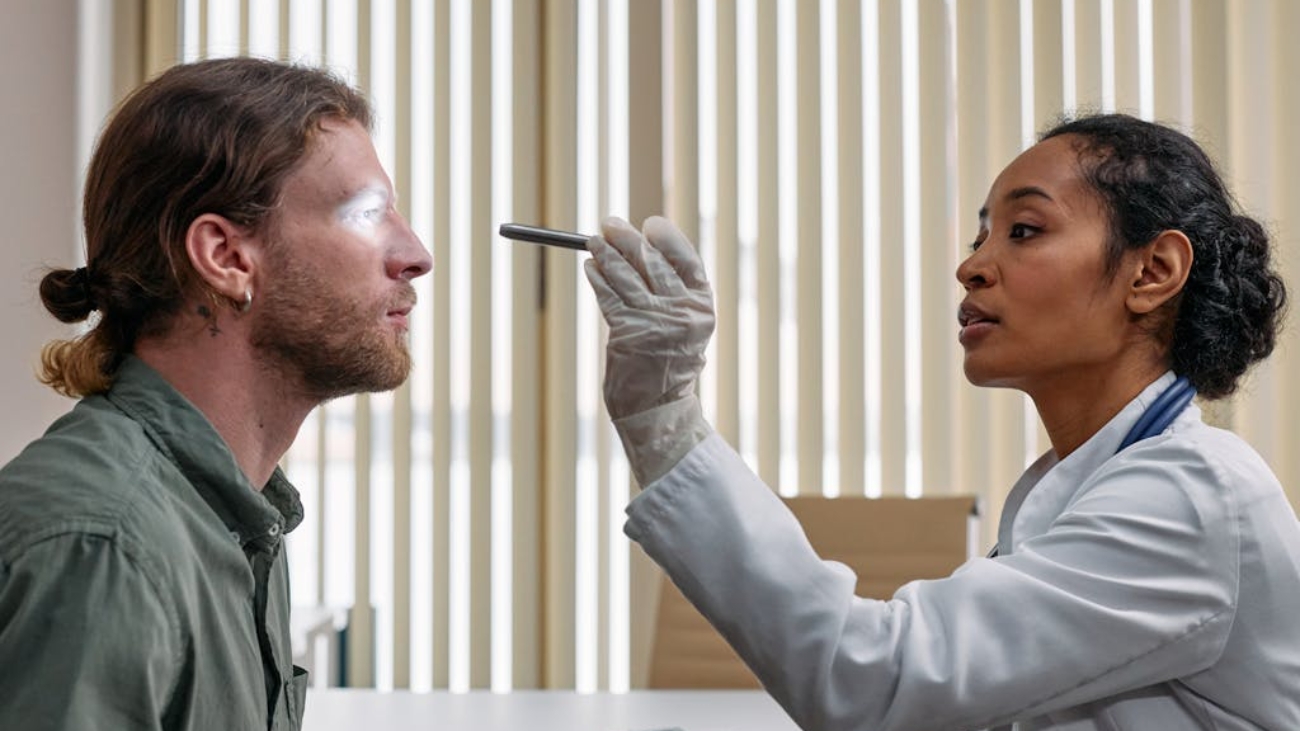Myasthenia Gravis (MG) is a rare neurological disorder that affects the communication between nerves and muscles. This condition leads to muscle weakness, which can get worse with activity and improve with rest. Early recognition of the signs of Myasthenia Gravis is crucial for effective treatment and management. Here are the top signs to watch for if you suspect you might have this condition.
Muscle Weakness That Worsens with Activity
One of the most common symptoms of Myasthenia Gravis is muscle weakness. The muscles responsible for movements like lifting your arms, walking, or even blinking may become weak and fatigued easily. This weakness tends to worsen with continued activity but may improve with rest. It can be especially noticeable after physical exertion.
Drooping Eyelids
A drooping eyelid, also known as ptosis, is a key sign of Myasthenia Gravis. It occurs because the muscles that control the eyelids become weak. This can make it difficult to keep the eyelids open, and it may worsen as the day progresses. If you notice your eyelids drooping or have trouble seeing because your eyelids are blocking your vision, this could be a sign of MG.
Double Vision
Myasthenia Gravis can affect the muscles that control eye movements, leading to double vision (diplopia). This happens when the eye muscles are not working together properly, causing misalignment of the eyes. Double vision can be constant or may come and go, particularly with fatigue or muscle weakness.
Difficulty Swallowing or Speaking
If you experience difficulty swallowing (dysphagia) or speaking clearly, it may be a symptom of Myasthenia Gravis. The muscles involved in swallowing and speaking can weaken, making it hard to chew, swallow food, or speak without slurring. These difficulties may worsen when eating or talking for a long period.
Breathing Problems
In more severe cases, Myasthenia Gravis can affect the muscles that control breathing. This can lead to shortness of breath, shallow breathing, or even difficulty breathing when lying down. If you experience sudden or unusual breathing problems, it is important to seek medical help immediately.
If you recognize these signs, it’s essential to consult a healthcare professional for proper diagnosis and treatment. Myasthenia Gravis can be managed effectively with medications, therapies, and sometimes surgery. Early intervention can greatly improve quality of life and help control symptoms.
